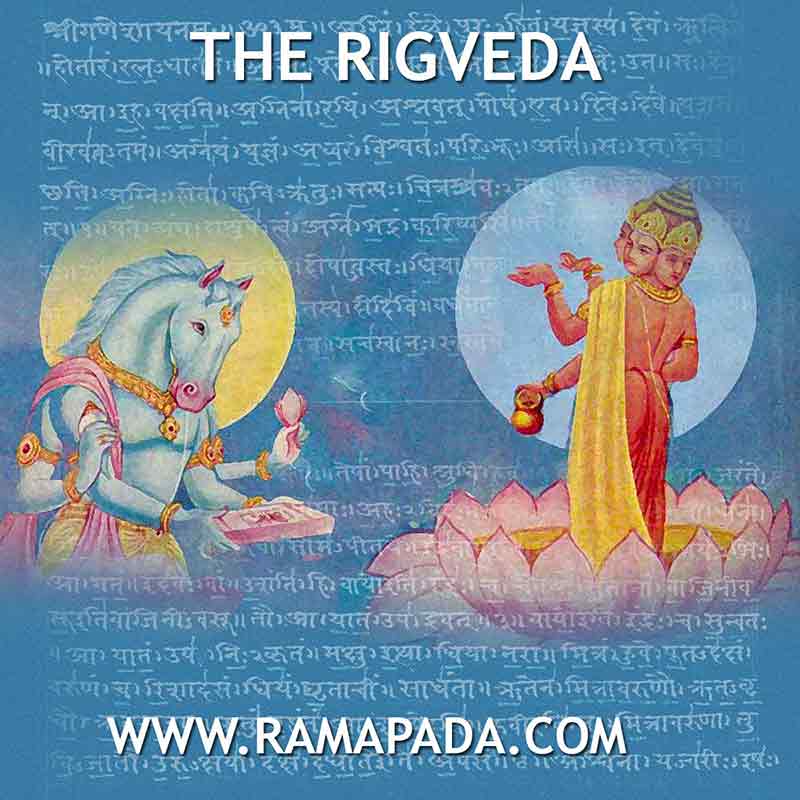The Rigveda, meaning “knowledge of praise” in Sanskrit, stands as a cornerstone of Hinduism and the oldest surviving Indo-European text. This vast collection of hymns offers a window into the religious beliefs and practices of the Vedic civilization, flourishing in the northwestern region of the Indian subcontinent around 1700-1100 BCE.
A Treasure Trove of Hymns
Composed in Vedic Sanskrit, a precursor to Classical Sanskrit, the Rigveda consists of over 10,600 verses organized into ten books known as Mandalas. The Rigveda’s hymns, known as Suktas, sing the praises of various deities who embody natural forces. These hymns actively invoke prominent figures like Agni, the god of fire, Indra, the king of gods associated with thunder and rain, Surya, the sun god, and Varuna, the god of cosmic order.
Beyond Praise: Ritual and Philosophy
While praise and offerings form a significant part of the Rigveda, the hymns delve deeper, revealing insights into the early Vedic society’s social structure, cosmology, and philosophical concepts. The texts mention a complex social hierarchy with rulers, priests, warriors, and commoners. Additionally, the Rigveda reflects a nascent philosophical quest, with hymns pondering the nature of reality and the origin of the universe.
As per the best astrologer in Kolkata, Composed in Vedic Sanskrit, the Rigveda consists of over 10,600 verses organized into ten books known as Mandalas. These hymns, called Suktas, are primarily dedicated to various deities personifying natural phenomena. Agni, the fire god, Indra, the lord of storms, Surya, the sun god, and Varuna, the god of water, are some of the most prominent Rigvedic deities.
Enduring Legacy
The Rigveda‘s influence extends far beyond its ancient origins. Its verses continue to be recited during Hindu rituals and ceremonies, preserving a vital link to the religion’s distant past. The text has also served as a wellspring of inspiration for later Sanskrit literature, shaping Hindu mythology and philosophical discourse.
Understanding the Rigveda
Due to the antiquity of the language and the cryptic nature of some hymns, deciphering the Rigveda requires specialized knowledge. However, translations and interpretations have made this sacred text more accessible, allowing scholars and interested individuals to explore the rich tapestry of beliefs and ideas that lie at the foundation of Hinduism.

